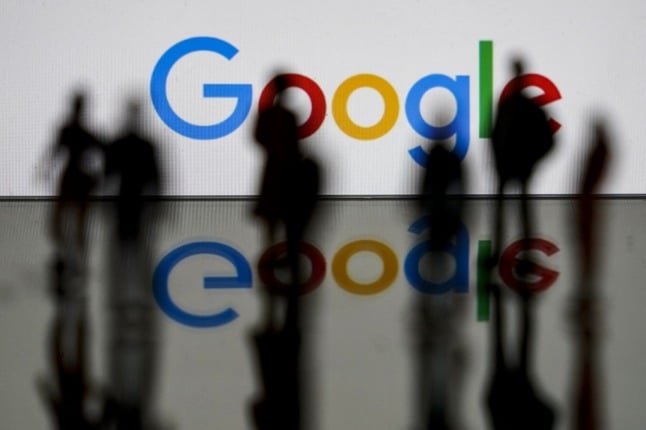The report released on Monday suggests introducing measures to protect children, such as banning sexualised shots of little girls.
“Our children have not yet been hit by a massive wave of precocious sexualisation,” writes former sports minister and senator Chantal Jouanno in the report, but “parents are right to be worried,” because “precocious sexualisation of children is dangerous,” and can lead to prepubertal anorexia.
The report accuses the media and the fashion industry of making violence and pornography more commonplace and slams the toy industry and reality TV for promoting sterotypes.
Experts say the identity and equilibrium of French children are threatened. “In 80 percent of cases of precocious sexualisation, the effects are irreversable,” says the report.
Jouanno, a member of Nicolas Sarkozy’s Gaullist UMP party, suggests creating a children’s charter to promote the interests of children in education, media and the toy industry.



 Please whitelist us to continue reading.
Please whitelist us to continue reading.
Member comments